
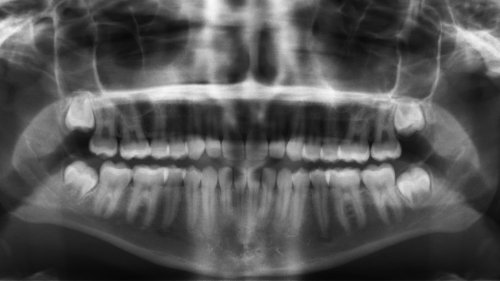
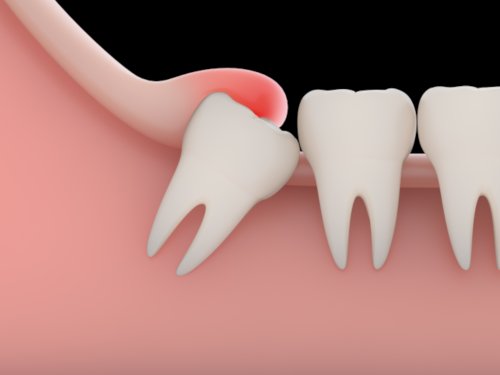
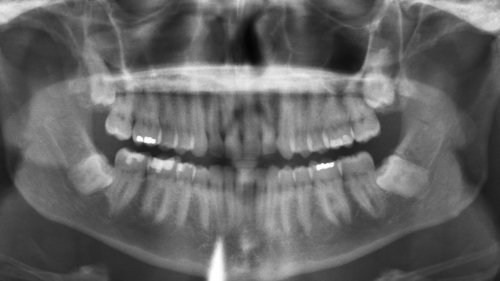
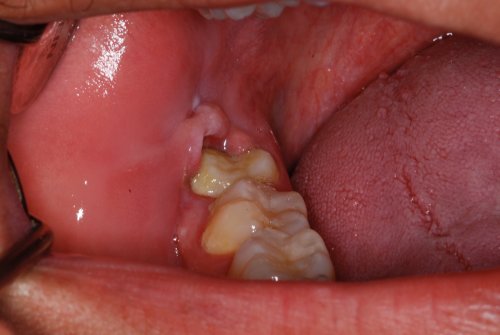
Wisdom teeth problems are very common. Over 90% of people experience at least one impacted wisdom tooth. The most common symptom of impacted wisdom teeth is a painful infection of the overlying gums. Infected wisdom teeth cause dull pain that is felt in the back of the mouth or jaws and sometimes up into the ear or down into the neck. Other problems with wisdom teeth are difficulty chewing, accidental cheek biting, and swollen lymph nodes in the neck. If an impacted wisdom tooth is left in place for many years, it can damage or even destroy the adjacent healthy tooth.
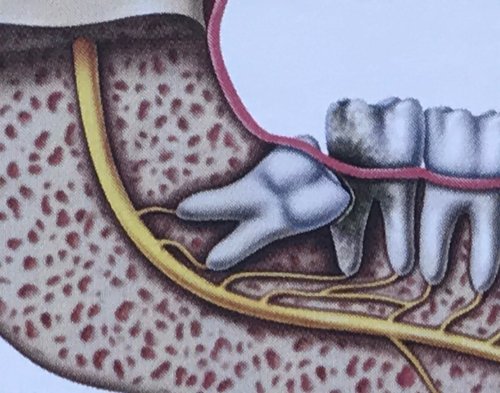
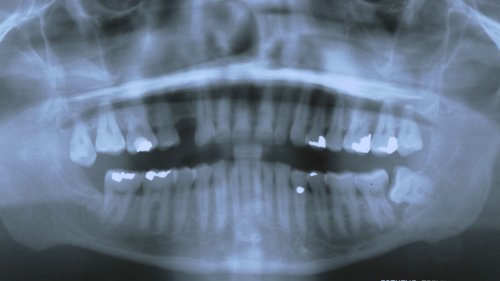
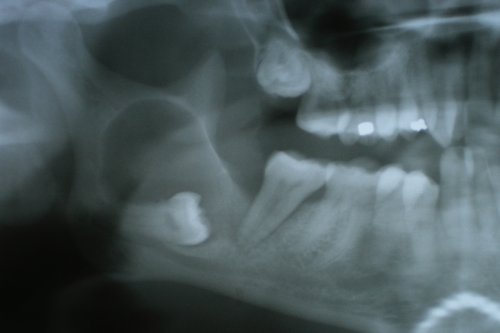
Wisdom teeth are also associated with crowding of lower incisor teeth in late teens and early twenties. Crowding caused by wisdom teeth may cause a need for orthodontic treatment, or retreatment of prior orthodontics.
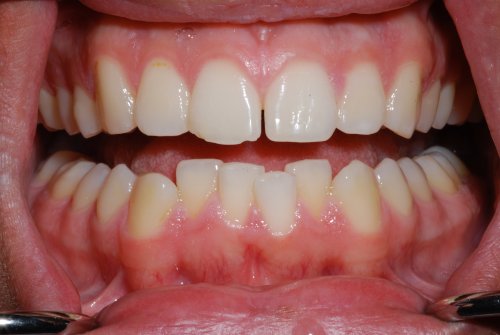
When should wisdom teeth be removed?
Wisdom teeth start to develop about age 10, and can soon be seen on x-rays. They continue developing until about age 20-22. The ideal time for removal is around age 16, when the roots of the teeth are still immature. Surgical removal at this ideal stage is rather simple and poses very low risk of complications.
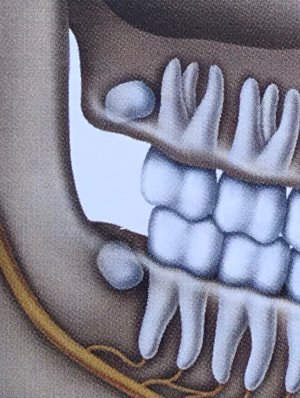
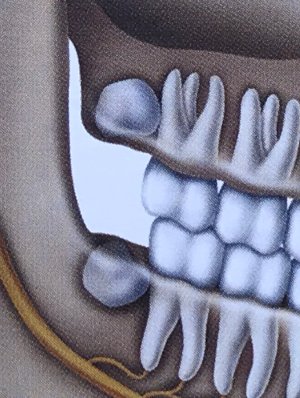
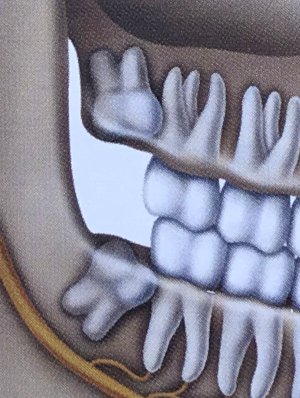
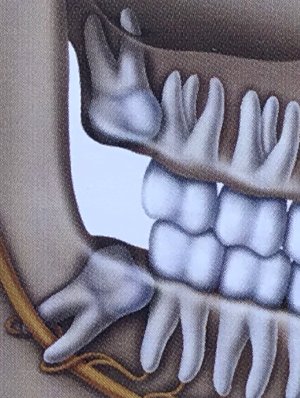
Not all wisdom teeth problems are painful or visible, and there is risk to a “wait and see” approach for teeth that don’t hurt yet. As wisdom teeth grow, their roots become longer, the bone becomes dense, and the teeth are more difficult to remove. Waiting until adult years results in a prolonged recovery and a higher chance of infection, sinus problems, or nerve injury in the jaw. Delayed treatment may also cause irreversible damage to adjacent teeth.
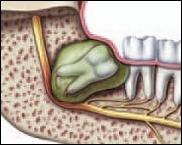
Contact us today to schedule an appointment. It is best to have wisdom teeth evaluated at about age 16, even if there are no symptoms, to determine if they should be removed. If you are older and encounter wisdom teeth trouble, then an immediate examination is best. Dr. Stout is the best oral surgeon to help determine the best timeline for you (or your loved one) to have wisdom teeth comfortably removed at our office.
Procedure to Extract Wisdom Teeth
Some teeth are already exposed and can be easily removed. For those that are impacted, an opening is made into the gum tissue and a small amount of surrounding bone is removed. The tooth can then be carefully removed. Sometimes dissolving sutures (stitches) are needed to close the wound. The procedure takes about 45 minutes to complete.
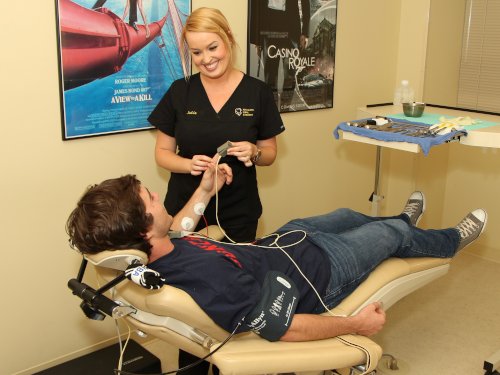
When you have finished your treatment, you will awaken from the sedation rather quickly (It feels like only a few seconds went by). You will be comfortable because we will give you numbing anesthetic while you are asleep. Once you are awake and recuperating well you can return home, where you should keep your activity light for several days.
We will make sure you are comfortable during your recuperation at home. Most patients require prescription pain medication. There is often some swelling and stiffness of the jaw, and a soft diet for several days is advised. You can advance your diet to more normal foods after a few days as long as your comfort permits. We will call you later in the day to make sure you are doing fine, and we are available 24/7 if there are any problems.
Click here for more complete pre-operative instructions.
Click here for more complete post-operative instructions.